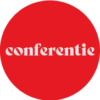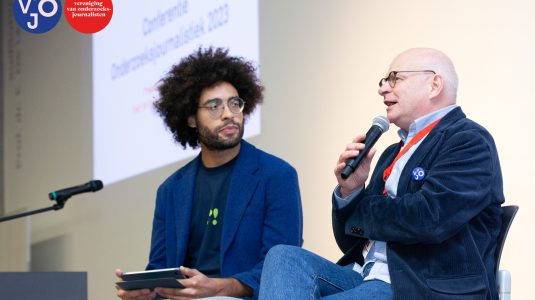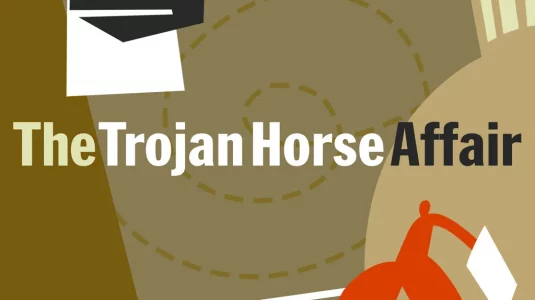According to Flemish scientific journalist Kim De Rijck, American research journalist Peter Aldhous is the jewel in the crown of research journalism. At the conference in Brussels she will act as moderator during a conversation with her American colleague. ‘I can’t wait to ask him how he got the idea to immerse himself precisely in that specific stem cell research,’ says De Rijck.
The VVOJ is counting down to the European Investigative Journalism Conference in Brussel op 21 en 22 with a special interview series, introducing the upcoming trainings and workshops. This week researcher Michaël Opgenhaffen speaks about his internet training.
By Rachel Levy
‘The merit for the American research journalist Peter Aldhous was that he sensed something was wrong in Catherine Verfaillie’s publications on stem cells,’ says Kim De Rijck, scientific journalist for the Belgian newspaper ‘De Standaard’.
During the upcoming conference this specialist in bioengineering will lead the conversation with Aldhous, editor of New Scientist.
De Rijck herself has published numerous works about her own fields of expertise – bioengineering, medicine and environment.
‘Scientists are generally very critical about each other’s work,’ she says.
‘But no one had spotted any errors in any of Verfaillie’s publications. Aldhous was the first to show that something was wrong with her research.
His series of articles in New Scientist then triggered a thorough investigation as to the correctness of Verfaillie’s publications.
By now it has become apparent that there was a partial falsification of data. Not by Verfaillie directly, but by one of her assistants.’
Aldhous did what a science journalist should always do, but in reality hardly ever happens, says De Rijck: be critical towards whatever scientists publish.
That it happens rarely or not at all has a simple reason.
‘Newspaper deadlines are often tight and the pace is high. There is almost no room for real research.’
‘We inform the world about scientific finds and verify facts. Is that research? It all depends on your definition of ‘research’. There is hardly any room for those large research projects people often present at the VVOJ conference. A newspaper requires you to produce several articles every day.’
‘In my opinion, the real journalist research is mostly done by freelancers,’ says De Rijck ‘because they often work with grants and can allocate their own time’.
‘But the most important aspect of thorough research is still: to sacrifice your own free time for the research, often burning the midnight oil.’
‘I do believe newspapers miss opportunities by not providing enough room for research,’ adds De Rijck. ‘It’s a form of journalism which is not practised enough.’
However, time pressure is not the only reason why science journalists do not perform enough independent research.
‘Often people assume that a scientific publication is reliable because it has undergone a rigorous peer review – other scientific experts have taken a closer look at the research.
That may be true, and it may yield a pretty good guarantee that a research report provides reliable information. But you still have to take your own critical look at any research, which is done far too rarely.’
De Rijck is looking forward to her conversation with Aldhous.
‘I would like to find out whether he discovered everything by himself or whether he was tipped by others.
I would love to find out why he chose precisely this stem cell research at the time. Did he have a feeling something was off? Or was it a coincidence?’
The practical side of his work interests her as well.
‘He is a permanent editor at New Scientist. I’m curious as to how he managed to convince his employer to invest in this long-term investigation. In addition I would like to get some tips for such thorough journalistic research on science.’
Should De Rijck herself be given six months by her employer to focus exclusively on research, she would like to take aim at some of the interests served by certain research in bioengineering.
‘A lot of research in bioengineering is used for military purposes. I would like to find out which financial networks back up that research. Much risky and controversial research is being done – I would be interested to find out more about it.’

